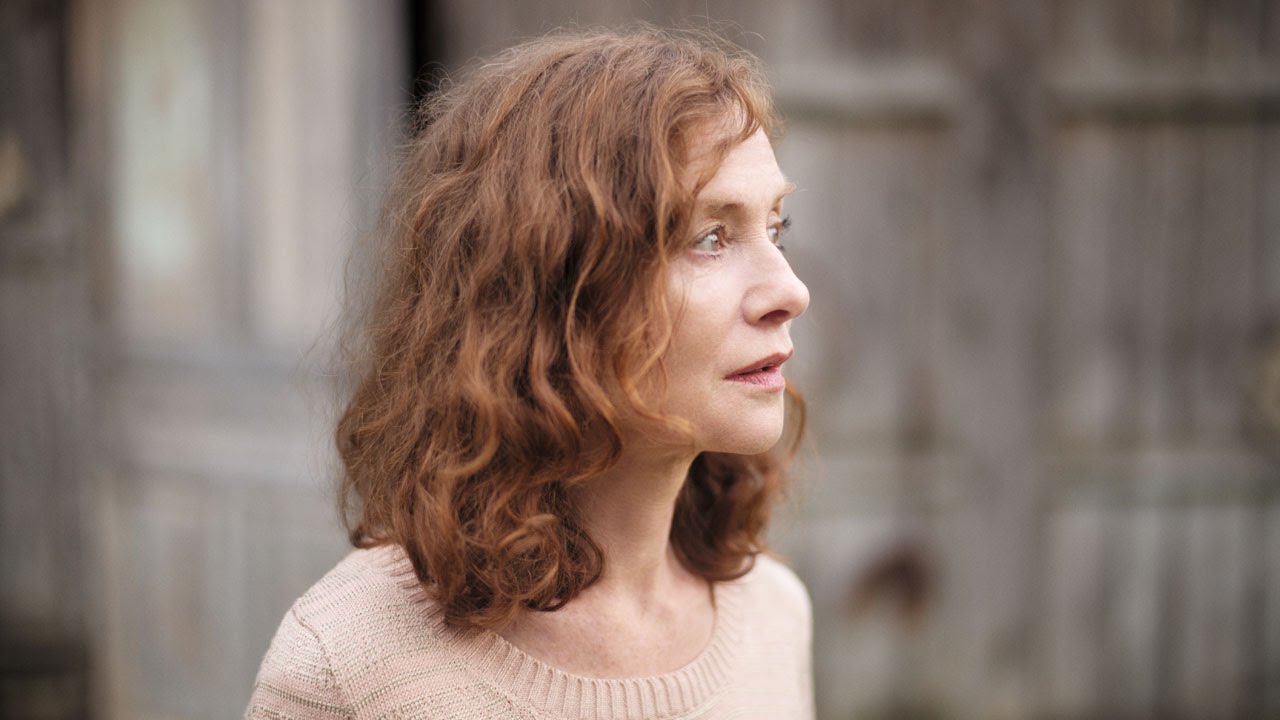
Isabelle Huppert is world-renown for her award winning performances. She just won the best actress Golden Globe for her dynamic role in the sexy psycho thriller Elle. But her character in Things to Come is so different showing, once again, her versatility and ability to embody totally opposite characters.
Director Mia Hanson-Løve says she wrote this film with Isabelle Huppert in mind and based it on the director’s own family. Her mother was a philosophy professor who separated from her father late in their marriage. It was up to her mother to make a new life for herself and that’s what this is all about. Hanson-Løve also reportedly asked her mother to read and approve the script.
As Nathalie, Huppert not only has to deal with her husband cheating and leaving her, but her mother dies, her children are grown and she loses the contract to continue editing and publishing her Philosophy textbooks. Her mission as a teacher was to use the concepts of great philosophers to make her students think.
Here she was, settled in a comfortable routine and, suddenly, her whole life changed. Now she has to re-think her own life. She is alone and has to define her social life with friends and family. Huppert says “I don’t try to sympathize with my characters, I try to empathize with them.” And that’s exactly what she does here.



Huppert tries not to be “woe is me” but uses facial expressions are more important than her words to show what she’s feeling. She’s very subtle, but she gets the point across. You can tell if she’s angry, depressed, stressed, with a slight pursing off the lips, or twitch of the eye.
What struck us is that she’s not very happy. Maybe she really needed this reality check to reassess her life to try to find happiness. Nathalie is a strong woman who has to readjust. It happens all the time and particularly as we go through different stages of life. The French title is L’Avenir, which means future. That’s what Hanson-Løve wanted to show with this film.
The Director has us follow Nathalie and her interactions with her husband, children, and students to see her relationships and how they play out. In the course of the film, her daughter has a child and she becomes a grandmother. At least there’s one happy event.
But there isn’t a lot of dramatic punch and at times, we found her a little too calm dealing with how others might have more appropriately reacted to such life crises. In other words, it’s very low key, even when she gets high with her students. You keep waiting for something to happen, but the only thing that does, is when her black cat, Pandora, takes off in the country and she is worried about finding the feline. No worries, the cat does come back. (The cat is based on Hanson-Løve’s mother’s cat Desdemona, but the name was changed “to protect the cat’s privacy.”)
Nathalie realizes that, all of a sudden, she has no more obligations and a great deal of freedom. You know she’s going to have to make changes, but you don’t get to see what they are. Maybe we wanted to see a happy ending. Philosophically speaking, this is very low key way of making you think of where you are in your own life. It’s presented in neutral and we were still waiting to see if anything is going to happen. Huppert gives us a great character study, but we thought the end was a let down. We were hoping to see what Things to Come were coming for Nathalie.
IFC Films 102 minutes PG-13









